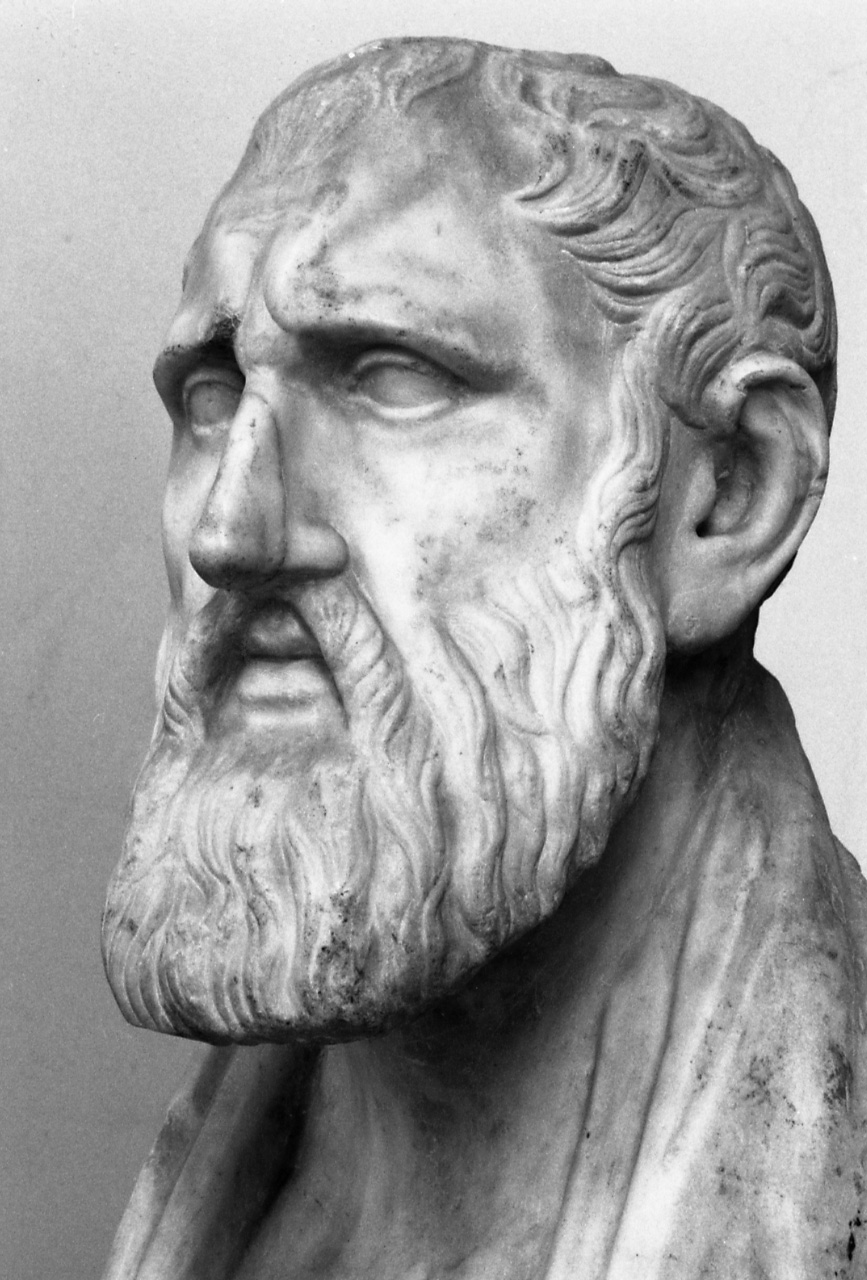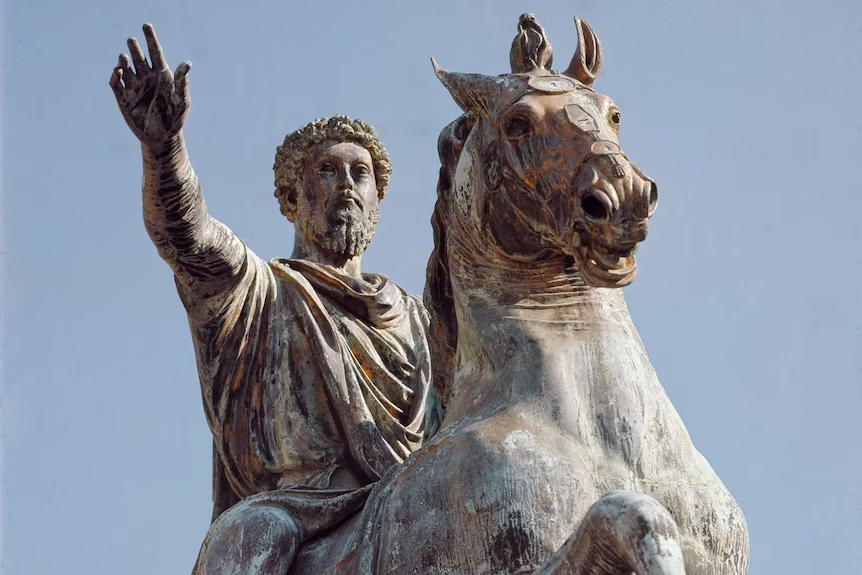Embracing Stoicism: A Deep Dive into Its Core Beliefs and Practices
Discover Stoicism’s core beliefs and practices. Learn about its historical roots, key principles, and how to apply Stoic wisdom in modern life.
What is Stoicism?
Stoicism, an ancient Greek philosophy founded by Zeno of Citium in the early 3rd century BCE, remains highly relevant today. It provides practical wisdom for living a life of virtue and resilience amidst life’s challenges.
Historical Background
Stoicism emerged in Athens as a response to the chaos of the Hellenistic period. Zeno of Citium, the philosophy’s founder, began teaching in the Stoa Poikile (Painted Porch), which is why his followers were called Stoics.
Over time, Stoicism evolved through the contributions of notable philosophers:
- Epictetus, a former slave turned philosopher, emphasized personal freedom through self-control.
- Seneca, a Roman statesman, provided insights into ethics and personal conduct.
- Marcus Aurelius, a Roman Emperor, integrated Stoicism into his leadership and wrote his famous “Meditations.”
Key Philosophers and Their Contributions

Zeno of Citium established the fundamental principles of Stoicism, focusing on living in harmony with nature and reason.
Epictetus taught that individuals should focus on what they can control and accept what they cannot.
Seneca explored the moral dimensions of Stoicism and its application to everyday life, advocating for inner tranquility and rationality.
Marcus Aurelius wrote “Meditations,” reflecting on how Stoic principles guided his life as an emperor.
Core Beliefs of Stoicism
Stoicism revolves around several core beliefs that emphasize rationality, virtue, and the nature of existence.
The Dichotomy of Control
At the heart of Stoic philosophy is the Dichotomy of Control, which distinguishes between what we can control and what we cannot.
- What is within our control: Our thoughts, beliefs, and actions.
- What is outside our control: External events, the actions of others, and outcomes.
This concept teaches us to focus on our responses and attitudes, which are within our control, while accepting and adapting to things beyond our influence.
Virtue as the Highest Good
In Stoic philosophy, virtue is considered the highest good. Stoics believe that living a virtuous life aligns with reason and nature.
- Wisdom: Understanding and applying knowledge effectively.
- Courage: Facing challenges with bravery.
- Justice: Treating others fairly and with respect.
- Temperance: Exercising self-control and moderation.
These cardinal virtues guide ethical behavior and decision-making, providing a foundation for a meaningful life.
Living in Accordance with Nature

Living in accordance with nature means aligning oneself with the rational order of the universe. Stoics believe that everything happens according to a universal reason, or Logos.
- Embrace the natural order and accept the universe’s inherent rationality.
- Strive to live harmoniously with the world and its natural laws.
Stoic Practices and Techniques
Stoicism isn’t just a set of beliefs; it includes practical techniques to help individuals apply its principles in daily life.
Daily Reflection and Journaling
Daily reflection and journaling are essential Stoic practices. By reflecting on one’s actions and thoughts each day, individuals can cultivate self-awareness and improvement.
- Benefits: Helps in identifying areas for personal growth and understanding one’s reactions.
- Techniques: Write about daily experiences, evaluate responses, and set goals for improvement.
Negative Visualization
Negative visualization involves imagining the loss of what we value, which helps in appreciating what we have and preparing for potential setbacks.
- Purpose: Reduces fear and anxiety by mentally preparing for adverse events.
- Practice: Regularly envision the worst-case scenarios and consider how you would cope.
Mindfulness and Presence
Mindfulness and presence are crucial for Stoic practice. Staying mindful of the present moment helps in maintaining focus and composure.
- Role: Enhances awareness of thoughts and emotions, fostering better control over reactions.
- Techniques: Practice mindfulness through meditation, deep breathing, and conscious awareness.
Stoicism in Modern Life
Stoicism’s principles offer valuable insights for modern living, enhancing personal development and well-being.
Applying Stoicism in Personal Development
Stoic principles can significantly impact personal growth:
- Self-Improvement: Apply virtues to everyday decisions and challenges.
- Resilience: Develop inner strength and adaptability by focusing on what you can control.
Stoicism and Mental Health
Stoicism offers strategies for managing stress and emotional well-being:
- Stress Management: Use the Dichotomy of Control to navigate life’s pressures.
- Emotional Regulation: Employ practices like negative visualization to mitigate anxiety.
Stoicism in Leadership and Decision Making
Stoicism influences effective leadership and decision-making:
- Leadership Styles: Stoic leaders are known for their rationality and composure.
- Case Studies: Historical figures like Marcus Aurelius exemplify Stoic leadership qualities.
Common Misconceptions about Stoicism
Stoicism is often misunderstood. Clarifying these misconceptions helps in appreciating its true essence.
Stoicism vs. Stoic Indifference
Stoic indifference is a common misconception. While Stoicism advocates for emotional resilience, it doesn’t promote apathy.
- Difference: Stoics strive for emotional balance, not detachment or coldness.
Misinterpretations of Stoic Practices
Several misinterpretations exist regarding Stoic practices:
- Misconception: Stoicism is not about suppressing emotions but managing them wisely.
- Correction: Stoicism encourages healthy emotional responses and rational thinking.
Summary of Key Stoic Philosophers
| Philosopher | Contribution |
|---|---|
| Zeno of Citium | Founder of Stoicism; developed core principles. |
| Epictetus | Emphasized control over personal reactions. |
| Seneca | Explored ethics and practical applications. |
| Marcus Aurelius | Integrated Stoicism into leadership; wrote “Meditations.” |
This article offers a detailed exploration of Stoicism, from its historical roots to its practical applications and common misconceptions. Embracing Stoic principles can lead to a more fulfilling and resilient life.
References:
- History Defined – Stoicism https://www.historydefined.net/stoicism/
- Wikipedia – Zeno of Citium https://en.wikipedia.org/wiki/Zeno_of_Citium
- Wikipedia – Epictetus https://en.wikipedia.org/wiki/Epictetus
- Wikipedia – Seneca https://en.wikipedia.org/wiki/Seneca_the_Younger
- Wikipedia – Marcus Aurelius https://en.wikipedia.org/wiki/Marcus_Aurelius






